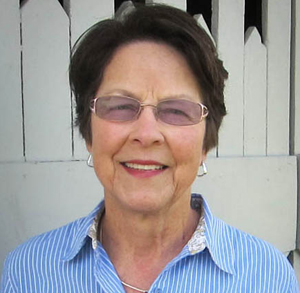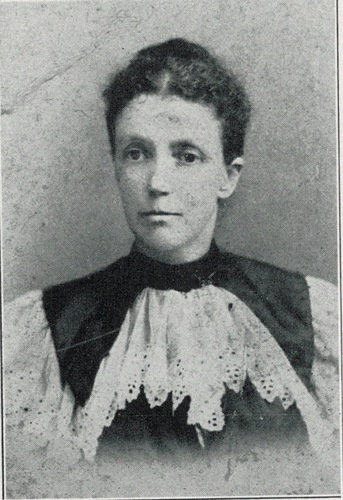English immigrants were among Beumont's early lawyers (June 2013)

- By Judith Linsley
In 1998, Beaumonter Robert J. Robertson wrote a book entitled Her Majesty's Texans: Two English Immigrants in Reconstruction Texas. The book relates the adventures of his ancestors, the Leonards, the Johnsons, and the Lambs, who came to Texas from England in the last half of the nineteenth century.
Robertson pointed out that the education these people received in England, while adequate, was only considered average there. In frontier Texas, however, with no public school system and illiteracy rates so high that some called it "the darkest field educationally" in the country, an English education was a great asset. As British immigrant Will Johnson put it, "School teaching in this country is not like it is in England, for anybody with a moderate education can teach school."
Often these British immigrants taught for a while, then moved on to other white-collar careers. Becoming a lawyer was particularly advantageous, since, in Robertson's words, "The law profession offered opportunities to earn money, gain social standing, and participate in politics."
Prospective lawyers in the 1800s studied, not at a law school, but by apprenticing to a practicing attorney. They worked in a law office and "read the law." Again, English immigrants had an advantage, because Texas and U.S. law were based in English common law.
To be a lawyer, a person had to be twenty-one years old, a resident of Texas for six months, and had to possess "moral character and honorable deportment." Once these qualifications were met, the candidate had to pass an oral examination conducted by three attorneys. A district judge passed or failed the applicant.
Robert Leonard, the first of his clan to arrive in Beaumont, came to Beaumont in 1855. After teaching for a while, he became a "talented lawyer and skilled orator." Robert's nephew John Leonard was the next, receiving his law license in 1870. He was lucky: his examiners were his "Uncle Bob," his uncle's associate James Armstrong, and George W. O'Brien, a Beaumont lawyer who was Robert Leonard's friend and political ally.
Unfortunately, John was suffering from "chills and fever"-probably malaria--and a bad headache, and Armstrong's questions on Spanish land law required concentration. In John's words, "I wished he'd quit." However, the district judge, William W. Chambers, even though a political opponent of the Leonards, granted John the license-which John wrote out by hand for the judge's signature.
Two days later John tried, and won, his first case. He joined his uncle in practice and later moved to Hardin County, where for a while he was the only lawyer, "The Bar of Hardin County," he called himself. Will Johnson didn't receive his law license until 1876, but by the next year he had been appointed as tax assessor of Jefferson County and later in Orange County.
Robert Leonard practiced law until his death in 1892. Both John Leonard and Will Johnson eventually became newspapermen. Other relatives, Hannah and Tom Lamb, opened a school in Beaumont. All were able to benefit from their "thorough English education," as Hannah described it in an 1878 newspaper advertisement for the school.
